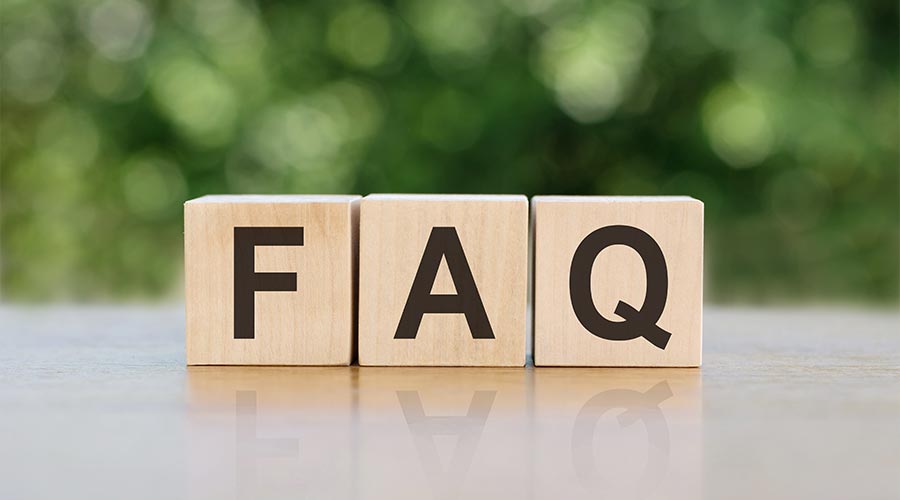
A new generation of cleaning professionals is reshaping the conversation around green cleaning, according to Steve Ashkin, president of The Ashkin Group.
"Many of the questions I'm hearing today were never raised before," says Ashkin. "It's a reflection of how much the industry has evolved."
He adds that, "Green cleaning is no longer a niche concept. It's central to how we think about health, sustainability, our industry, and our future."
With progress comes questions. Here are frequently asked questions from today's cleaning professionals:
Q: Has green cleaning evolved in the past 20 years?
A: Yes. Once defined simply as reducing cleaning's impact on cleaning workers, building occupants, and the environment, green cleaning today represents a broader, more holistic approach. It encompasses health, sustainability, and well-being — reflecting the interconnected nature of people, buildings, and the planet.
Q: Is ergonomics now a part of green cleaning?
A: Yes. Because green cleaning focuses on the well-being, health and safety of frontline cleaning workers, the use of ergonomic cleaning equipment is now part of the green cleaning landscape. This equipment is designed to reduce strain and prevent injuries.
Q: How do takeback programs fit in with green cleaning?
A: Equipment takeback programs — where manufacturers reclaim used products for reuse, repair, or recycling — are increasingly recognized as an important green cleaning practice. They help reduce waste, energy, and water consumption while extending product life cycles, all of which protect our environment.
Q: How can facility managers verify that a cleaning contractor knows green cleaning?
A: Managers seeking to confirm whether a cleaning company is truly "green" should ask if they have formal certifications from:
ISSA's CIMS Green Certification
TRUE certification from the U.S. Green Building Council
Green Seal certification
Q: There are so many "environmental" terms today. Which terms apply specifically to green cleaning?
A: While often used interchangeably, "eco-friendly," "green," and "sustainable" each carry distinct meanings:
- Eco-friendly products may minimize the health and environmental impact of cleaning, but they may contain synthetic ingredients.
- Green and environmentally preferable products are typically certified as such, made from natural and renewable ingredients, and specifically engineered to minimize the environmental impact of cleaning.
- Sustainability emphasizes business operational efficiency, improving profits, and reducing energy, water, waste, and long-term risk reduction.
Q: Why should cleaning contractors go green?
A: For cleaning contractors, adopting green cleaning is no longer optional. "It's essential for survival and success in today's cleaning industry," Ashkin explains. "Contractors who want to be recognized as leaders and gain a competitive advantage must embrace green cleaning. It's not just what we do, it's who we are."

 Celebrating BSCAI's 60th Anniversary eBook
Celebrating BSCAI's 60th Anniversary eBook The Down and Dirty on Cleaning in Virus Season
The Down and Dirty on Cleaning in Virus Season How Surfactant Use is Expanding in Commercial Cleaning
How Surfactant Use is Expanding in Commercial Cleaning